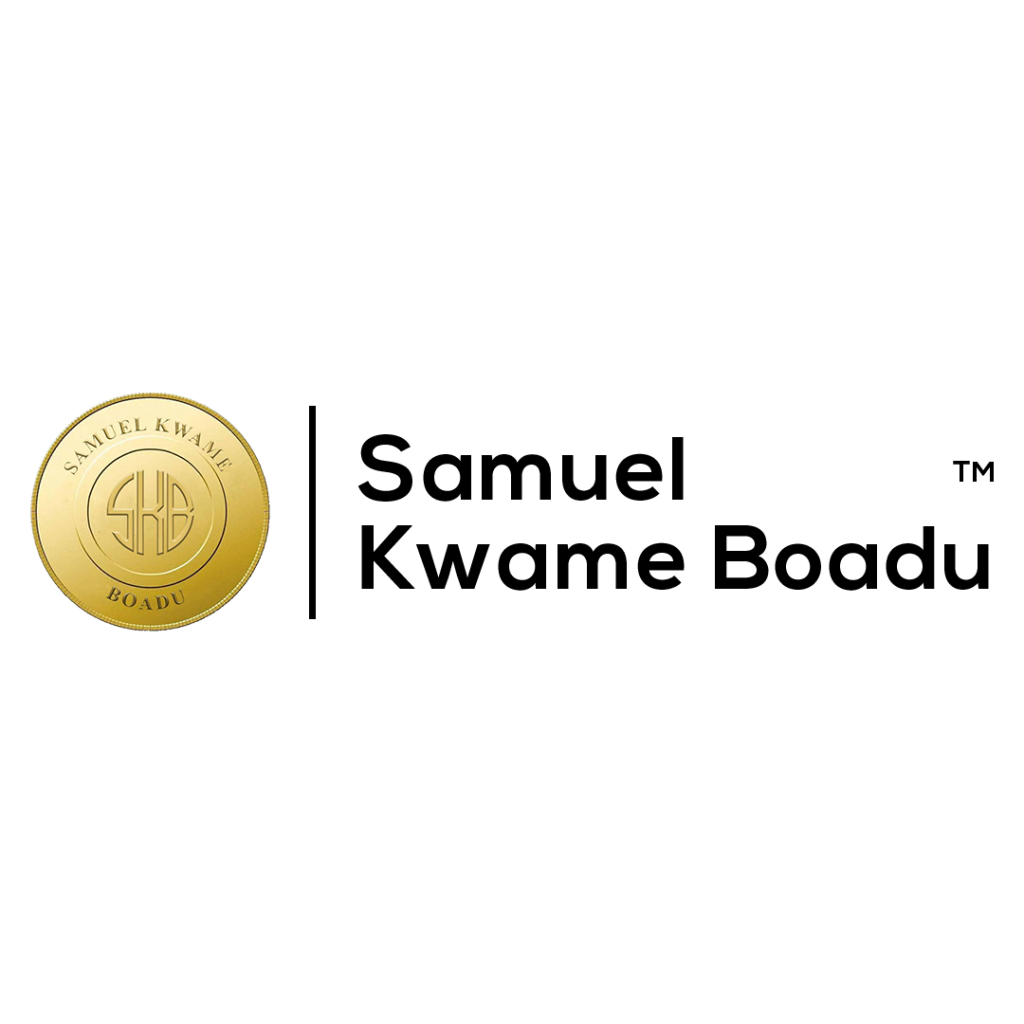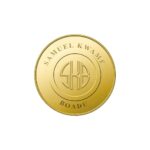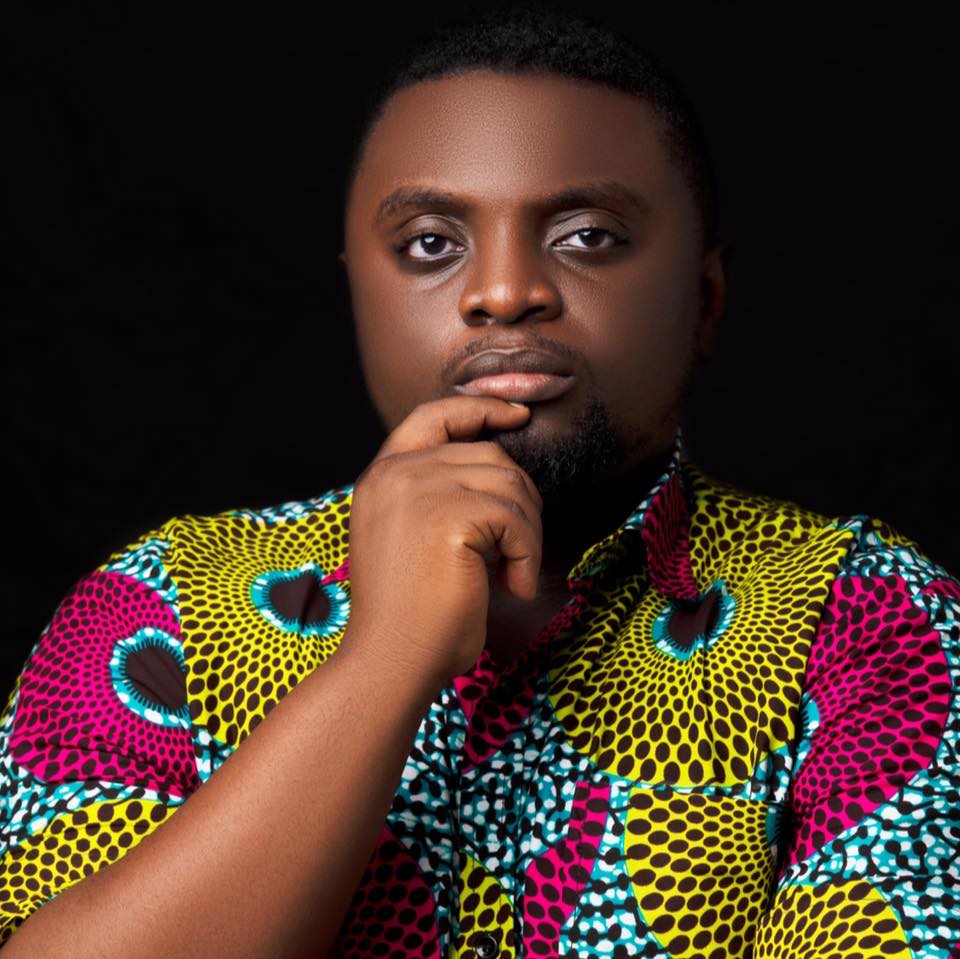The African Youth possess immense creativity and inventiveness but usually struggle to find expression at the highest levels of scientific and technological breakthroughs. Elon Musk says this same principle is responsible for his billions and we can attain such height as youth if we fix this.
Scenario 1
“Become a data scientist within one month.” That was the headline on the advert when we saw it on Facebook and a friend laughed it off. “It might as well as said become a surgeon in two weeks. This is not possible”, he remarked so we quickly clicked on the advert. to get the full information and read through the course outline. The one month online course was designed to teach how to use certain frameworks and machine learning tools needed to work as a data scientist. It is reasonable to expect that within three to four months of taking such a course, one could start seeking out jobs that required the skill set.
.
The only objection we had was that the course is a simple introduction to the tools used by data scientists and does not in any way enlighten the enrolled student about the underlying technologies or principles that defines the field of data science (statistics). The data scientist produced after the one month training is no different from a ‘skilled carpenter‘. All they both have to offer are “hard skills” and nothing more. A carpenter is an artisan that makes and repairs wooden objects and structures. The average carpenter is only trained in the use of basic tools like the hammer and nails. Those are the tools of the trade, which is all he knows to do.
.
The difference between the carpenter and the one-month data scientist would be that the data scientist is a twenty-first century artisan. They are duly equipped with the twenty-first century equivalent of the nails and hammer. The job title might have the term “scientist” thrown in for good measure, but we need to be honest enough with ourselves to accept that such training only delivers artisan-level skills. There is nothing wrong with that, but we must understand that skill acquisition leaves you narrow minded and develops a certain rigidness in approach. If you have a hammer and the only thing you have ever done with it is to pound in nails, then you will only see one use for the hammer. You will likely fail to see the other potential uses of the hammer.
.
.
Skills only equip you to use (or fix) existing tools, machines, frameworks, ideologies, and deploy existing technology, it never empowers you to challenge the way things are, and come up with new ideas that could be more efficient and productive. If you switch “the hammer” for the central piece of tool you currently use to work and make a living, I suspect that you would find yourself on some level to be just like the carpenter or “data scientist” described. You use things that you have no clue how they really work. In our daily lives, we use things that we have no clue how they really work. The average welder has no clue how his engine works.
The tailor has no clue how his sewing machine really works. The website designer has no idea how her preferred IDE (Integrated Development Environment) works. Could there be a downside to this? Well, let us consider something.
.
Elon Musk has gained widespread acclaim as an engineer and business magnate that has developed a reputation for building ambitious companies that re-define “what’s possible” in their industries. He is the brain behind Tesla Motors, SpaceX, Neuralink and so many other initiatives. Indeed, he is one man that has proven over and over again that he can expand into a new industry and completely transform the underlying systems, tools and frameworks that define the industry. Elon Musk is 48 years old and has a net worth of around 40 billion USD +. It is easy to claim he is successful and effortlessly create billion dollar companies because he works hard and he is very smart. However, there are smarter people than Elon Musk that have not really translated their hard work or brilliance into success.
.
What does Elon Musk think could be responsible for his success? We have a direct answer. During a 2013 interview with TED Curator, Chris Anderson, Elon Musk claimed that first principles thinking is the key to his success. It is a way of thinking that is also called “reasoning from first principles”. “Well, I do think there’s a good framework for thinking. It is physics. You know, the sort of first principles reasoning. What I mean by that is, boil things down to their fundamental truths and reason up from there, as opposed to reasoning by analogy. Through most of our life, we get through life by reasoning by analogy, which essentially means copying what other people do with slight variations.” – Elon Musk.
.
.
Some of the most brilliant minds of all-time, including Aristotle, Euclid, Richard Feynman and Nikola Tesla have all used this approach. It allows them to cut through inadequate analogies to see opportunities that others miss. People who reason by analogy tend to make bad decisions more often, even if they are smart.
First principles thinking is one of the best ways to learn to think for yourself and unlock your creative potential. However, you cannot operate at this level if you do not know how things work. For many decades, the African approach to life has been more or less training and skill acquisition to enable Africans deploy globally accepted practices. Over time as the tools change, re-skilling is necessary and the cycle goes on.
The reason for this is not so hard to understand. Formal western schooling came to Africa initially because workers were needed by the colonial masters to operate and administer tools and frameworks already existing. The system was not designed to really empower the black folks. It was meant to create workers that would keep the industrial machine going.
.
.
The western schooling system was never setup to produce deep thinkers or people that can control their own fate. We were meant to learn, get schooled and become civil servants. This decade is demanding re-skilling across industries. Website and mobile app developers from the previous decades are re-skilling to work as data scientists in this decade. This is twenty-first century artisanship and nothing more. That is the real reason why reasoning from first principles is so difficult. Africans especially Ghanaians rarely understand concepts from ground up; from scratch, we merely master tools and frameworks and re-skill up when our current tools get outdated.
.
Once again, it might not seem like a bad thing, but this means we are barely empowered to reason from first principles. Which in turn implies that even though we possess immense creativity and inventiveness, we can never find expression at the highest levels of scientific and technological breakthroughs. First principles thinking require that you go deeper than tools and frameworks. It will require you go beyond skill acquisition and acquire knowledge of the fundamentals about how it really works.
.
Scenario 2
“What I cannot create, I do not understand.” – Richard Feynman
.
In 2009, A man created a global platform for the social exchange of ideas and he named it Gistcaster. He had been coding for about two years at that time, and he would say his skills were intermediate. The best way to imagine how Gistcaster worked, would be to imagine Twitter on steroids (no kidding). He built in location based weather forecasts, videos, photo sharing, information retrieval and timely alerts. All was good and he got attention and recognition from all over the place for the platform but the ideas in his spirit never found complete expression. He had to mostly settle for what he could do and accept his limitations about things he could not do.
.
Read Also:
.
Gistcaster was nothing more than a mash-up of code, libraries, services, platforms and API from other places (you should probably google what an API is). He won accolades, but in reality he and his friend working on the platform contributed less than 10% of the entire codebase of Gistcaster! He was using tools, libraries and APIs from all over the place; open source community and even closed proprietary API and services from Google. Google technologies powered the weather, location tagging features (geocoding) and the videos. He had this fun, useful, usable and stable platform, but he could not radically innovate as much as he wanted with it.
.
The reason is not farfetched; He never learnt anything beyond computer programming. He was blessed that his tutors taught him the basic programming languages and concepts, but it was not sufficient for the kind of things he wanted to do. A few weeks ago, he smiled to himself when he got a football news alert from Google Now on android phone and remembered how that was the direction he wanted to take Gistcaster, but he had no clue how to build out the idea God seeded inside his spirit. All he was taught were very specific tools, concepts and frameworks, he was an artisan, far from been the visionary tech engineer the mediocre African society celebrated him to be. He could not leverage what he already knew to build the future. There was a serious knowledge gap.
.
.
His creative and inventive spirit was stunted by his limited skills and knowledge repository. Like Richard Feynman said, “If I cannot create it, then I do not know how it works”.
.
The proof that you are not just acquiring skills is that you know how it works, and then you can internalise it, re-create it from first principles and then you stand a chance with improving the process and then possibly inventing something even better. The point is not that you have to build everything you want to use, that is impractical. The key wisdom is that you should seek to understand the fundamental principles (axioms) upon which the tools and frameworks you use are founded upon. The carpenter does not need to make her own hammer, but she should understand why the hammer is the best tool for the job and why the hammer is able to do what it does. You do not have to simplify every problem down to the atomic level in order to embrace first principles thinking. You just need to go one or two levels deeper than most people would. What we generally observe is that different solutions, new approaches would appear at different levels.
.
There is no need to re-invent the wheel, the wheel works well, but there is usually a need to understand how the wheel works. That knowledge is empowering. This is the big secret of Elon Musk. This is very obvious when you consider the story of how they started SpaceX. In 2002, after he sold PayPal (his previous company), Elon Musk wanted to send a rocket to Mars, but immediately ran into problems. After visits to a number of aerospace manufacturers around the world, Elon Musk discovered the cost of purchasing a rocket was way beyond his budget. This led him to investigate deeper into the industry and ask fresh questions. So, he started reading up on rockets, what are the first principles? What is a rocket made of? His research revealed that the materials cost of a rocket was around two percent of the typical price of a finished rocket.
.
That was when he decided to build his own rockets. Instead of buying a finished rocket for tens of millions of dollars, he purchased the raw materials for it, assembled a team and built the rockets himself. That was how his space company, SpaceX was born. SpaceX has ushered in a lot of innovation into the industry, developing reusable rockets which steeply reduced the price of launching a rocket by nearly ten times. Elon Musk could do that because he was able to go beyond tools and frameworks to truly understand the situation down to the fundamentals. That way, he could bypass the high prices of the aerospace industry, create a more effective solution and grow his net worth by billions of dollars as a by-product.
I wish I stumbled upon Richard Feynman’s ideology some five years earlier than I did. It would have re-shaped my life radically.
.
If that african built Gistcaster with ONLY things he understood 100%, things he could build if he wanted, his talent would have found greater expression. He did not need to write every line of code in his software projects, but it was important to understand everything at least two or three levels deeper than he did at that time. If he knew how the APIs, libraries and services he integrated into my Gistcaster platform worked from “first principles”, he would have been able to better bend them to my will and his work would have been better for it. It might have taken longer to put it altogether, but it would have developed the necessary capacity needed to build something that could function and scale globally. First principles allow us to take anything, no matter the complexity, and break it down into its parts and then break those down further, until you get to the core building blocks. While this process is not easy, it is valuable for the creative mind that seeks maximum expression.
.
Scenario 3
“A lizard in Nigeria cannot become an alligator in America.” – Archbishop Benson Idahosa
.
There is this idea that everybody is more or less equal at birth, the technical term for that is “Tabula rasa”. A blank slate at birth – no language, no tribe, no bias of any kind, just a brain pre-installed with a learning algorithm, ready to absorb from experiences and perceptions. It has been scientifically proven that we all have nearly the same mental capacity. We all have the same potential and ability for greatness. Most people agree that the human potential is nearly unlimited. If your body, soul and spirit is not in any way inferior to those of you-know-who from you-know-where, we certainly need to have an honest conversation about why things are the way they are.
.
Africans are not underperforming in science and technology merely because of their physical location. A lizard in Nigeria will not automatically become an alligator in abroad. There needs to be a shift in mind-set.
Matters of creativity and inventiveness are first and foremost spiritual. This implies that creativity could be immaterial and intangible, therefore, in order to produce any tangible value or profit, there must be a channel or avenue for the expression of the creativity within. There must be a physical medium through which your creativity and inventiveness are expressed. Every human being possesses creative energy that is dissipated every single day. This innate creative energy’s expression largely depends on the tools the individual has been equipped with.
.
The only reason you cannot do what you-know-who from places like you-know-where can do is not because you are inferior in anyway. It is because you have equipped your spirit with an inferior set of tools. You need to understand that your creativity is always crying for expression, but there is a way your mind can lag behind your spirit. Your creative spirit confined to the tiny toolbox you have equipped yourself with. When all you equip yourself with are the artisan level tools of your generation (whether that translates to a Hammer or a Sewing Machine or a Drag-and-drop website builder or the shiny new data science tools, it is all the same), you have severely limited your scope of impact.
.
“To the man who only has a hammer, everything he encounters begins to look like a nail.” – Abraham Maslow
.
You can only deal with things that are lower than you. If no effort is made to engage deeper than tools and frameworks, your scope and ability to solve problems will be severely limited. If all you have to engage the world with is your hammer, there is no way you can ever look beyond the hammer for solutions. If you encounter things your hammer cannot handle, you either compromise by forcing some kind of action anyway or you accept your fate and shut down quietly in frustration. Deep within you know you could do more, but this “inadequate” hammer is not sufficient to produce better results. Once again, in your mind, please switch the hammer for the central piece of equipment, tool or framework you use to deliver results and then evaluate yourself to see if you are really more than an artisan.
.
That was the scenario I found myself many years ago as I worked on digital platforms. I had to “water down” my vision and compromise within the context of what my hammer at the time could handle. The alternative is to dig deeper. If you go one or two levels deeper, new ideas, solutions and fresh approaches would surface. Your creative and inventive spirit finding new levels of expression. If you could commit to mature beyond rote learning and memorization (cram and pour), moving on to complex problem solving and critical thinking. You would have done yourself a lot of good. Proper education will light up your mind for great exploits. If you consider yourself to possess a creative and inventive spirit (and we all do), the best gift you can give yourself is a commitment to educate your mind to the highest levels possible.
.
This is why I continue to advocate for creative and inventive people to obtain a PhD. It is rigorous and a lot of work, but if you combine that with true spirituality, you would become unstoppable. To produce anything that would be useful at scale, there is a discipline you need to cultivate. Without that discipline, creative and inventive talents either waste away or fail to find complete expression. Paper certificates do not guarantee anything, your PhD programme will not bequeath you with creativity. God is the source of all creativity and invention; creativity is a divine donation. Nevertheless you need a PhD because such a programme will force you to focus your energy and invest thousands of hours needed in order to obtain mastery. God can take you deeper if you have knowledge at that level. You will be able to see clearly shortcuts, alternative solutions and completely new approaches that could work better when you operate from first principles.
.
A common objection to this kind of mind-set is all the years that would be “wasted” on learning. An objection that has no merit, all one needs to consider is how far one is willing to go. It is common knowledge that you need to invest more time and resources towards laying the foundation of a skyscraper than you would if you were merely building a bungalow. We want to lay the foundations of a new economy, we can only build a truly prosperous future in Africa if we build upon knowledge.
.
Read Also :
.
The era of skill acquisition, artisans and factory workers is fading way. This decade (2020 – 2029) will be firmly driven by knowledge and not mere skill acquisition. I hope it would be worth it to invest ten years of your life towards learning the basic and fundamental knowledge, if that gives you the solid foundation you need to dominate and trail blaze for another forty to sixty years in your industry. Personally, I would opt for that. If there was a way I could have invested ten years somewhere to learn all I needed to build globally competitive technology driven companies, I would have opted for it. There is always time to make an impact after proper education is in place.
.
Your creative and inventive spirit needs to be equipped to work and reason from first principles, beyond tools and frameworks. That is the height of creativity and prepares you for a life of dominance and super achievement.
.
SKB Journal appreciate you a lot for reading! If you enjoyed this piece by Samuel Kwame Boadu, kindly hit the share button and help others to also see it. You can also like our Facebook page, so you know when we make new posts or Click to JOIN our Telegram Channel where we post JOBS + TIPS




